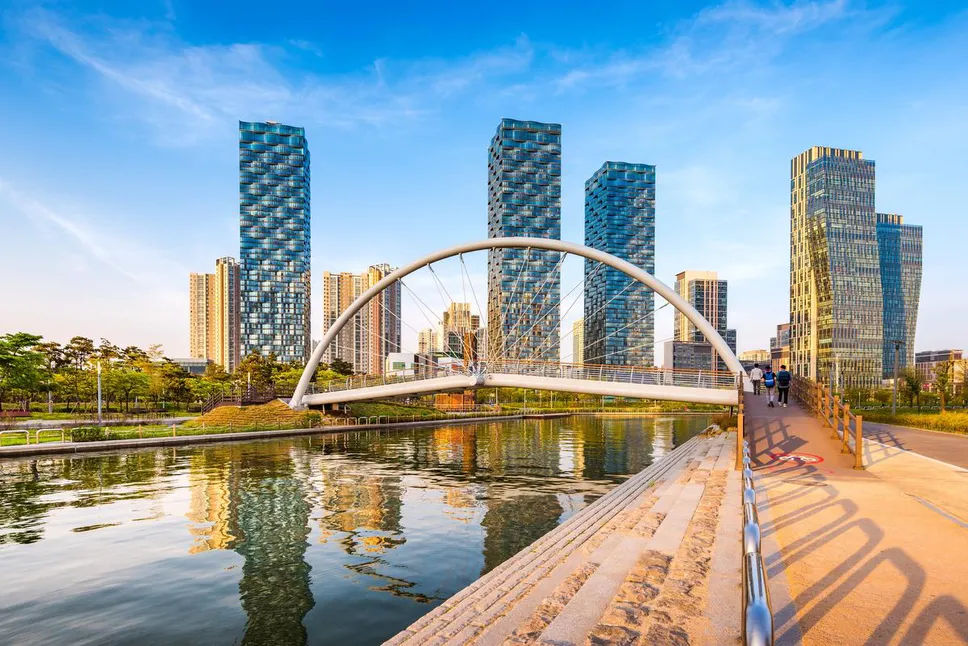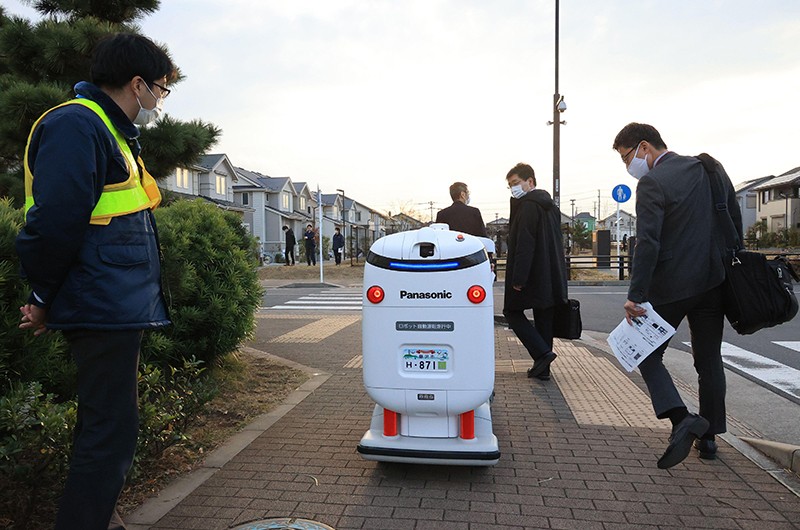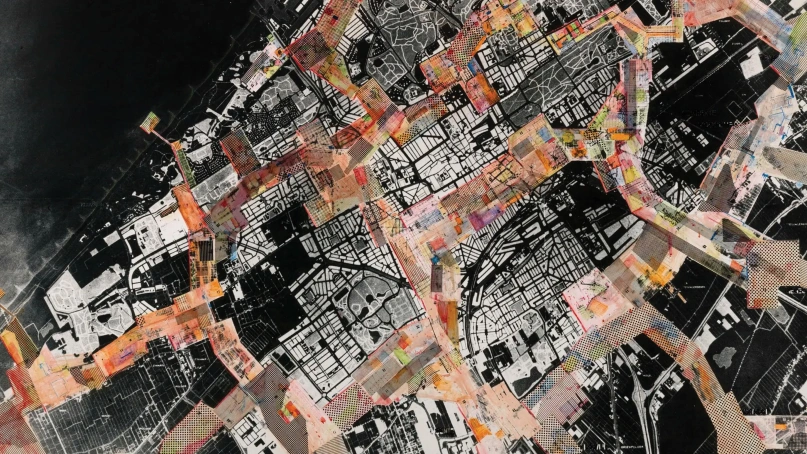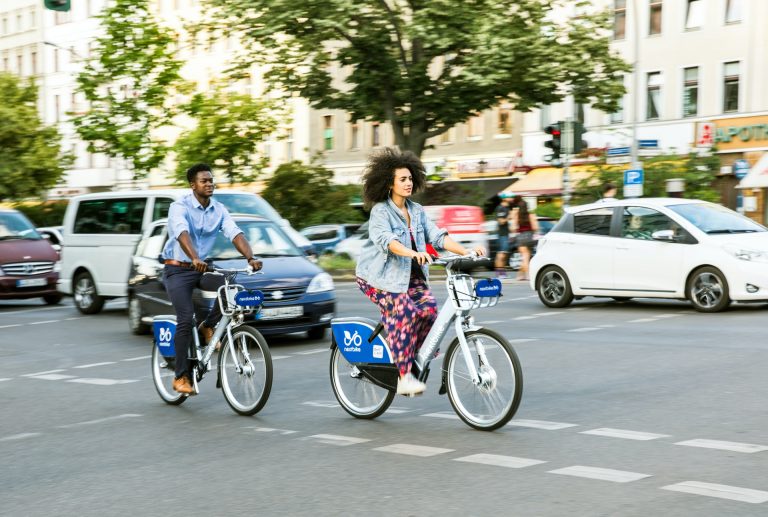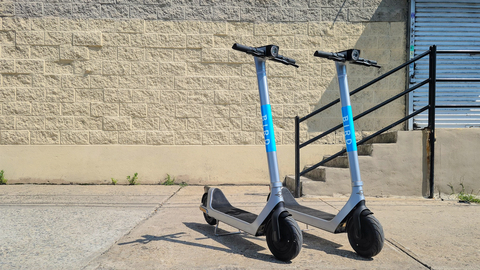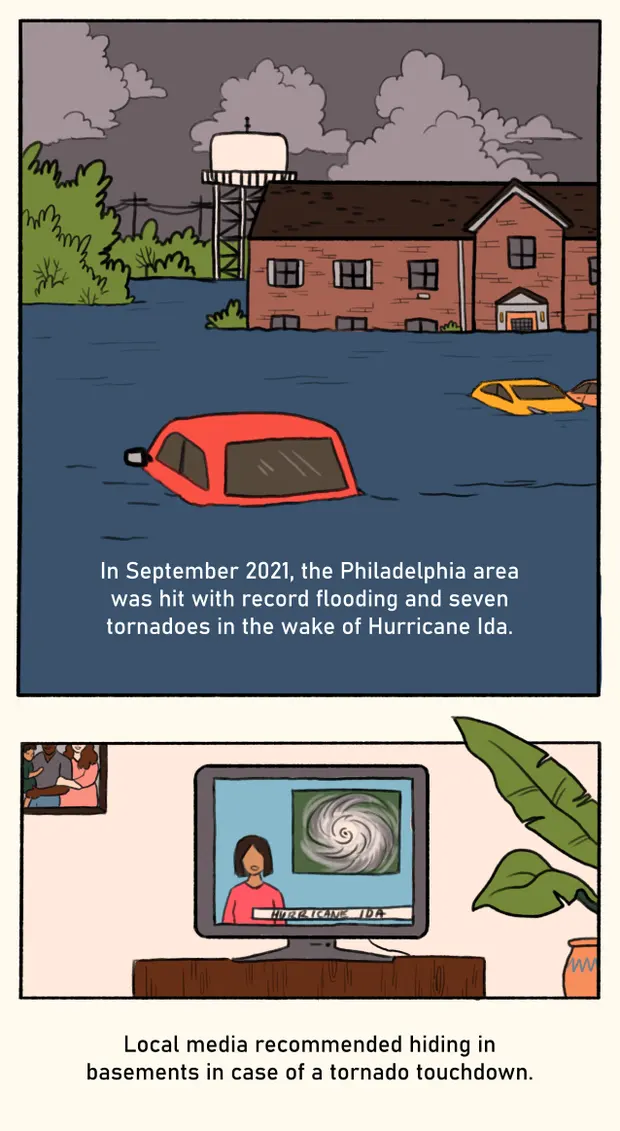
Increasingly, urban dwellers are looking for new and more sustainable ways to move around their cities. Technologies like autonomous vehicles and electric scooters may be top of mind for urban planners, but social and cultural factors may be just as important in helping Canadian cities prepare for the future, according to a co-author of a new report from Transport Canada.
In the report, Julian Faid, a recent graduate of the Department of Resource Economics and Environmental Sociology in the University of Alberta’s Faculty of Agricultural, Life & Environmental Sciences, looks at existing provincial policies such as regulatory documents, council motions and budgets in eight of Canada’s largest urban centres, including Edmonton, with an eye to providing an overview of current realities, and the challenges and potential solutions for the future of urban mobility in Canada.
Inclusion is innovationOne of the major takeaways, said Faid, is that no one is really leading the way on everything. For example, Vancouver’s SkyTrain is an excellent example of autonomous public transit, but the region’s dense urban development has led to significant congestion on Vancouver’s roads.
In Edmonton, partnerships with the University of Alberta in artificial intelligence and machine learning have put the city at the forefront of cutting edge transportation projects, but it can also be a challenging environment for innovation because of its deeply embedded car culture.
But as Faid pointed out, innovation isn’t always about new technology; sometimes it’s about finding different ways to look at existing problems.
+INFO: Mirage
+IMATGES: Mirage




